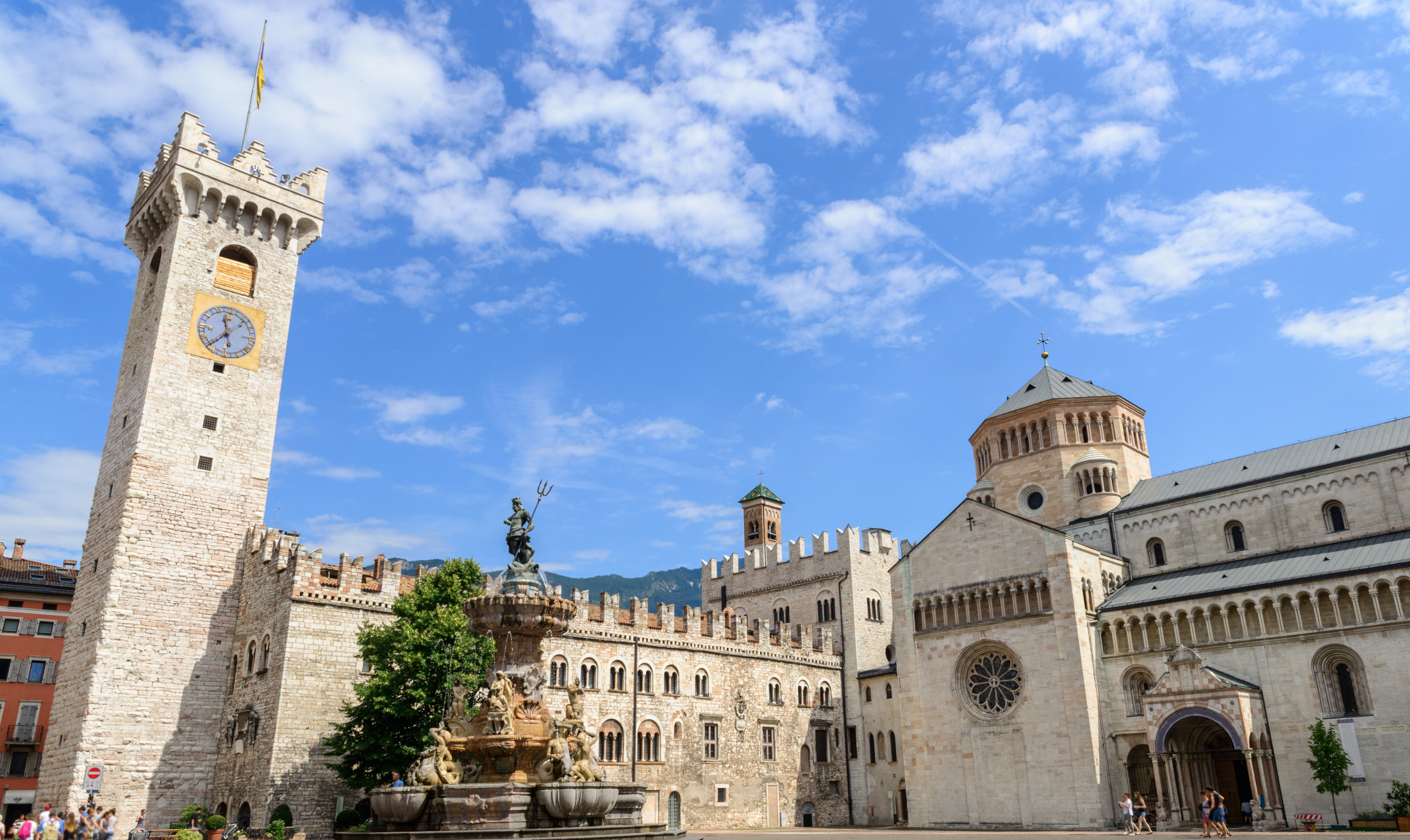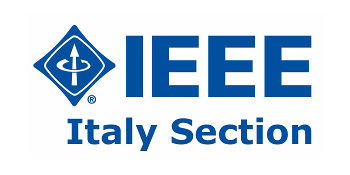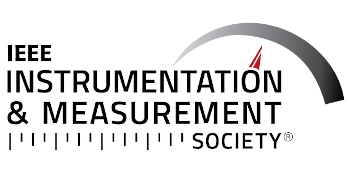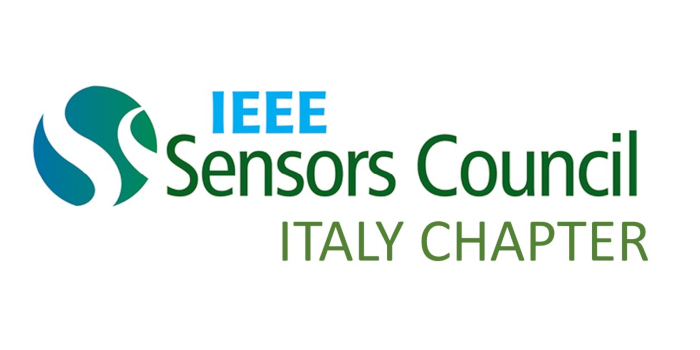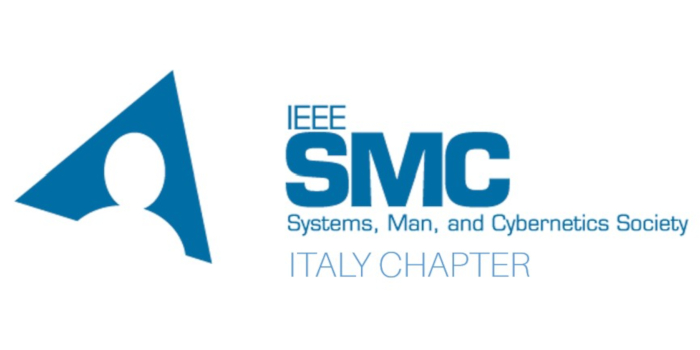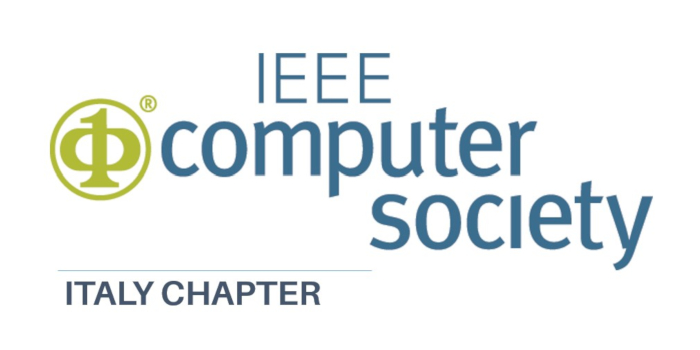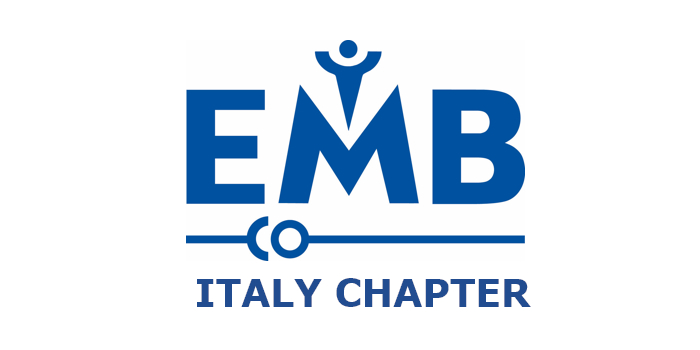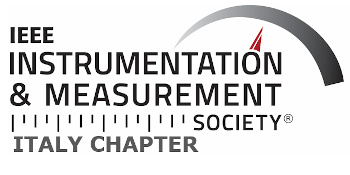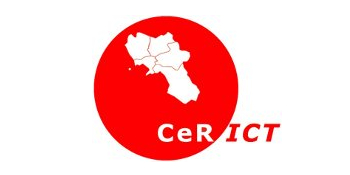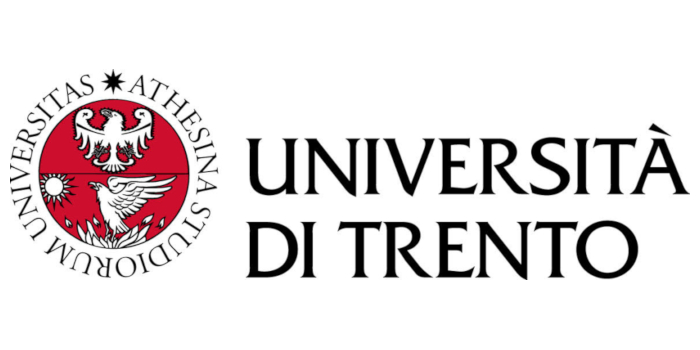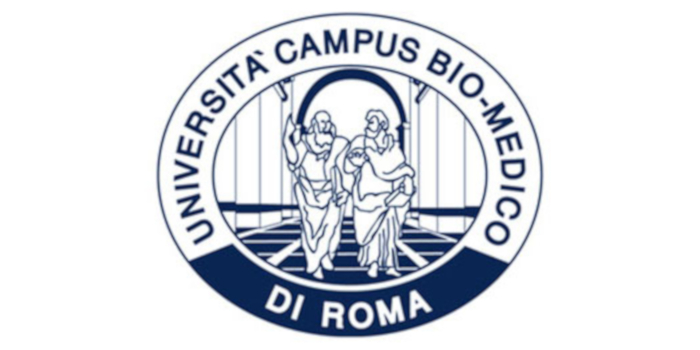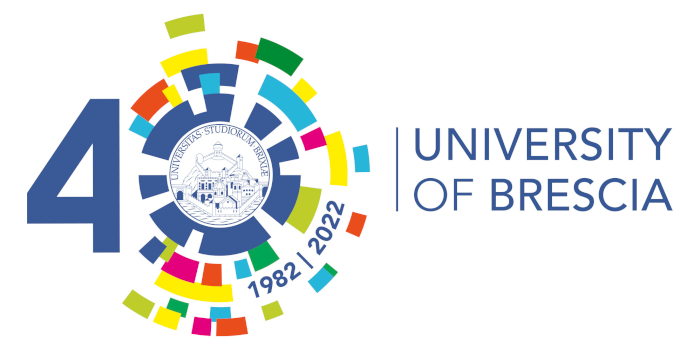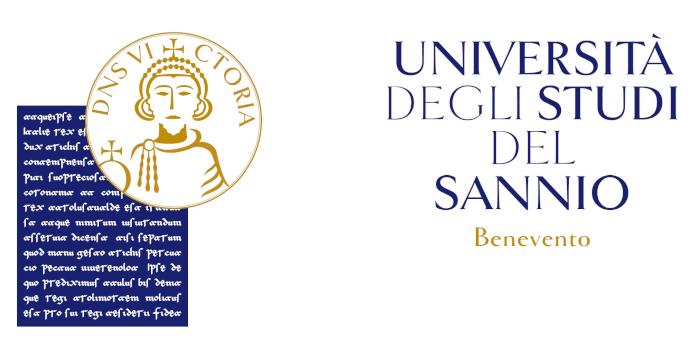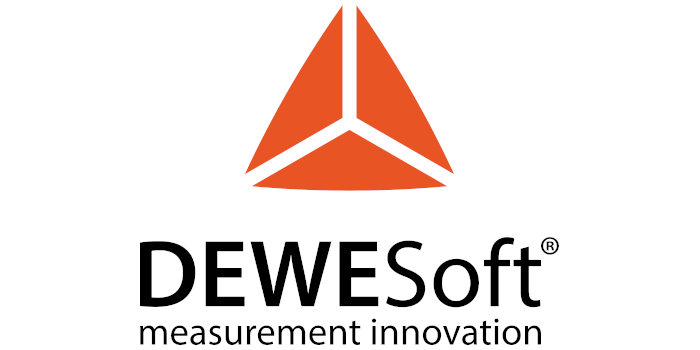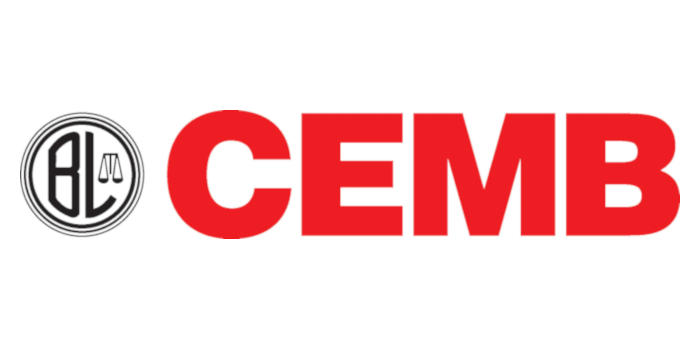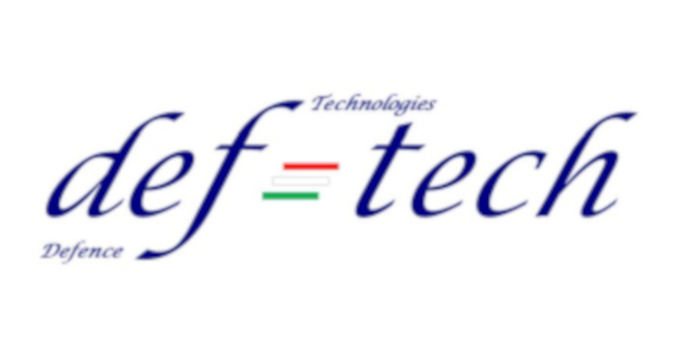The frontiers of sensing: Quantum & BioSensors
ORGANIZED BY
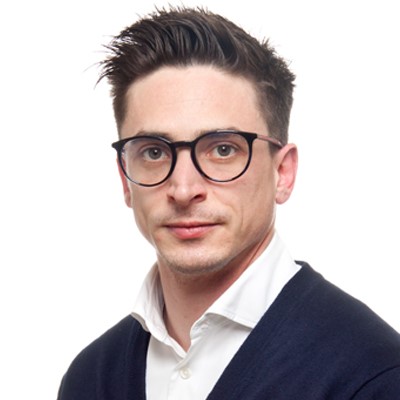
Alessandro Loppini
Engineering Department, Campus Bio-Medico University, Rome
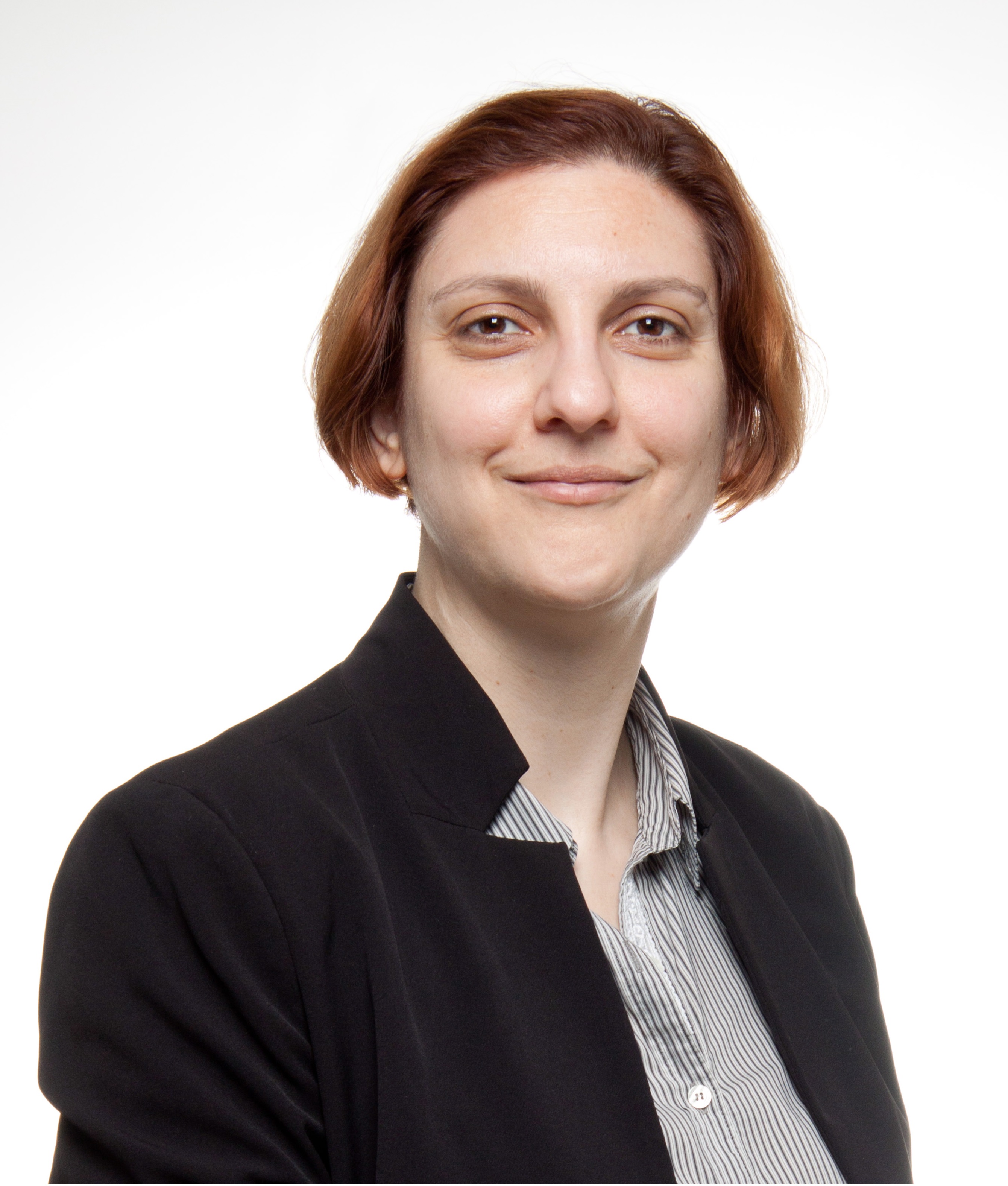
Letizia Chiodo
Engineering Department, Campus Bio-Medico University, Rome
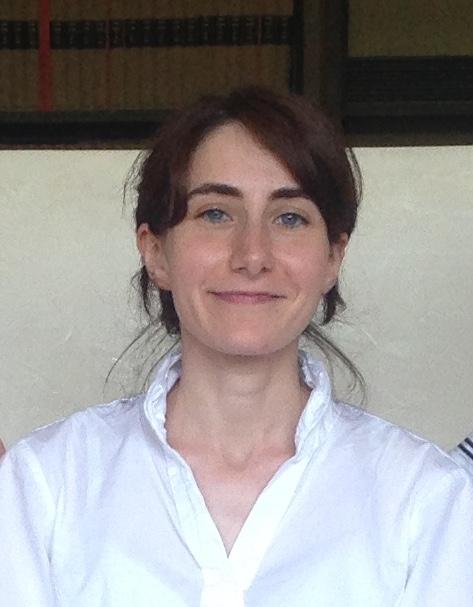
Nicole Fabbri
Istituto Nazionale di Ottica CNR-INO and European Laboratory for Non-linear Spectroscopy LENS, Florence
ABSTRACT
Sensors are key elements in all technological products with a global market of 200 B€ and an estimated yearly growth of 10% in the next five years.
Developing non-standard efficient sensors is more and more getting inspired by biological organisms and mechanisms: innovative sensors can include biological components to detect signals with high efficiency and sensitivity or can mimic biological sensing mechanisms, building nano/micro-devices exploiting the state-of-the-art technologies used for traditional silicon electronics. As the very last frontier of extremely efficient sensors, the second quantum revolution has opened the way to the use of quantum sensing devices to enhance the detection of a variety of physical quantities, such as electric/magnetic fields and temperature, with applications to imaging and spectroscopy. As a perspective, the combination of biological sensing mechanisms and quantum sensitivity could contribute to significant advancements in the design and development of sensing platforms, with positive effects in particular for the critical fields of biomedicine, personalized medicine, on one side, and on environmental monitoring, and food industries on the other side.
Biosensors transform biological responses into an electrical signal, while bio-inspired sensors exploit biological transduction mechanisms, naturally effective and sensitive, to develop novel sensors at the micro/nano scales to overcome the sensitivity reduction due to down-sized dimensions. Quantum sensors exploit non-classical phenomena, such as quantum coherence and entanglement to reach the fundamental measurement limits determined by the laws of physics. They promise to improve current sensor performance by orders of magnitude in terms of precision and accuracy for a wide class of physical quantities, such as magnetic and electric fields, times, frequencies, temperatures, and pressures. Biology applications of quantum sensors have emerged as a strategic area for the European Quantum Technology Flagship.
This special session is devoted to putting together research works outlining an overview of the current research activity on biosensors, bio-inspired sensors, quantum sensors, and related technologies, giving a common perspective to effectively integrate advanced techniques and methods for next-generation sensors. The special session will cover and discuss the wide variety of quantum (and) biosensing technologies, including acoustical, optical, and electrochemical approaches and their wide applications.
ABOUT THE ORGANIZERS
Alessandro Loppini (Ph.D. 2016) is currently assistant professor in Applied Physics at Università Campus Bio-Medico di Roma. His research is focused on biophysical modeling of excitable cells and tissues at multiple scales, and on the application of advanced physico-mathematical tools for the investigation of complex biological systems.
Letizia Chiodo, is assistant professor in Theoretical Physics of Matter at the Engineering Department of Università Campus Bio-Medico di Roma. She is an expert in theoretical and computational methods, from the atomistic scale to the mesoscale, to investigate the electro-optical response of materials, and the structure-to-function relationship of biophysical systems. At present, she mainly works at developing innovative materials for photovoltaics and photocatalysis, and at characterization, via bioinformatic and biophysics tools, of membrane proteins behaviour.
Nicole Fabbri, is a Senior Researcher at the Italian National Institute of Optics of CNR and at the European Laboratory for Non-linear Spectroscopy (LENS) in Florence, Italy, where she leads the Diamond quantum nanoengineering group. PhD in 2011 in atomic physics, she then focused her research on diamond technologies. She investigates quantum control tools to realize novel diamond-based quantum devices, especially quantum sensors with high sensitivity and nanoscale spatial resolution, and with strong focus on biological applications. She is also interested in the use of diamond spin systems to explore thermodynamics in nanoscale devices and the development of artificial intelligence for quantum technologies.
